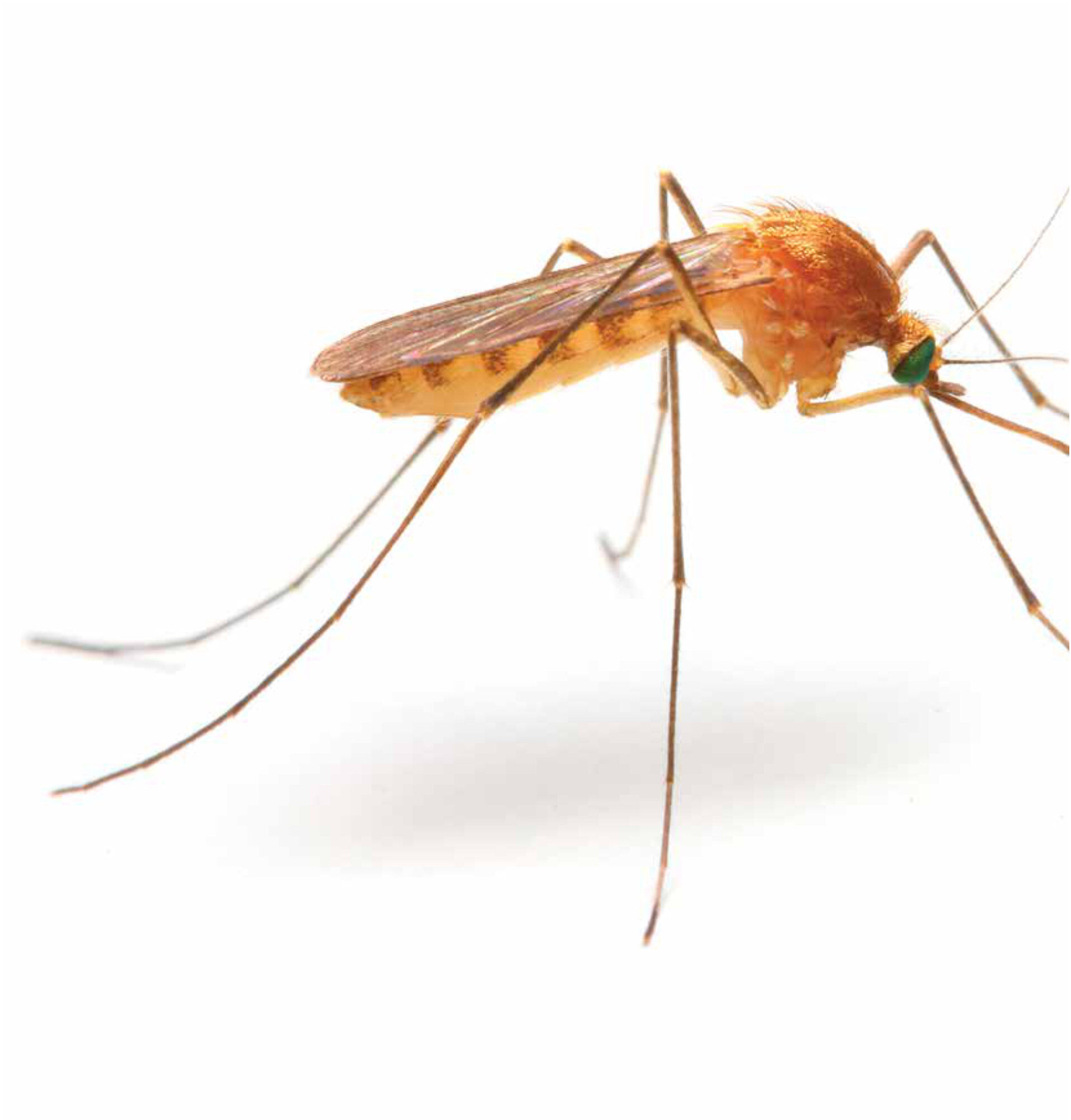

Travel medicine is becoming increasingly important within the field of tropical medicine. This is not only because of the increase in the number of people travelling abroad for business or leisure but also because travel destinations have become more exotic and far off and within reach of many. While in many countries excellent pre-travel advice can be obtained, including vaccinations and malaria prophylaxis, many travellers are not well prepared and put themselves at risk. In particular, patients who are immunosuppressed because of their illness or the medication they use are at...
Travel medicine is becoming increasingly important within the field of tropical medicine. This is not only because of the increase in the number of people travelling abroad for business or leisure but also because travel destinations have become more exotic and far off and within reach of many. While in many countries excellent pre-travel advice can be obtained, including vaccinations and malaria prophylaxis, many travellers are not well prepared and put themselves at risk. In particular, patients who are immunosuppressed because of their illness or the medication they use are at increased risk and need counselling in specialized centres. Other conditions are coming closer to home as vectors such as the Aedes aegypti mosquito, which can transmit West Nile, Dengue and Chikungunya viruses, have spread to previously nonendemic regions such as southern Europe because of global warming. Mass migration is another important factor, leading to concerns over tuberculosis importation and the spread of antimicrobial resistance. A relatively new category of vulnerable people are Visiting Friends and Relatives (VFRs); these are immigrants who have settled in for instance the Netherlands, and travel back to their home countries for short visits. These travellers rarely seek pre-travel advice and are at risk of malaria or other infectious diseases, as they are not aware that their immunity diminishes over time. I ncreased air travel poses another threat, as it facilitates the rapid spread of communicable diseases to any part of the world. Clearly, viral haemorrhagic fevers cause great concern, but these are fortunately uncommon as an imported disease. In the last 25 years, three patients were diagnosed or treated in the Netherlands (one with Marburg fever, one with Lassa fever and one with confirmed Ebola), and 15 patients were admitted suspected of Ebola in 2014-2015 (Leo Visser, personal communication). The recent Ebola outbreak as well as other haemorrhagic fevers are likely to recur as the result of failing public health systems in endemic areas. While old enemies such as malaria are still around and should be considered in any traveller returning from the tropics with fever, the landscape has changed in the Netherlands and probably in other countries too. One contentious issue is whether it is safe to replace malaria prophylaxis by standby medication for reasons of convenience but also to avoid side-effects. In contrast, Zika virus infection, which until recently few people had ever heard of, is now a hot topic in the news, causing major concern worldwide. The World Health Organization has been criticized for its handling of the Ebola crisis last year. Zika virus infection is usually not a cause for major concern in terms of the illness itself, but the association with microcephaly in newborns is extremely worrying. Women who are pregnant (or want to become pregnant), and wish to travel to South America or the Caribbean region, are advised to carefully weigh the risks and take the necessary precautions. The economic impact of this outbreak is enormous, and it may affect spectatorship at the Olympic Games, which are coming up in Brazil this summer. Travel medicine has become an important medical specialty, but it is not the exclusive domain of a few specialized centres: every doctor who sees a patient with symptoms that cannot be immediately explained should ask: ‘WHERE HAVE YOU TRAVELLED RECENTLY?’
Jan Auke Dijkstra
Ed Zijlstra






















































